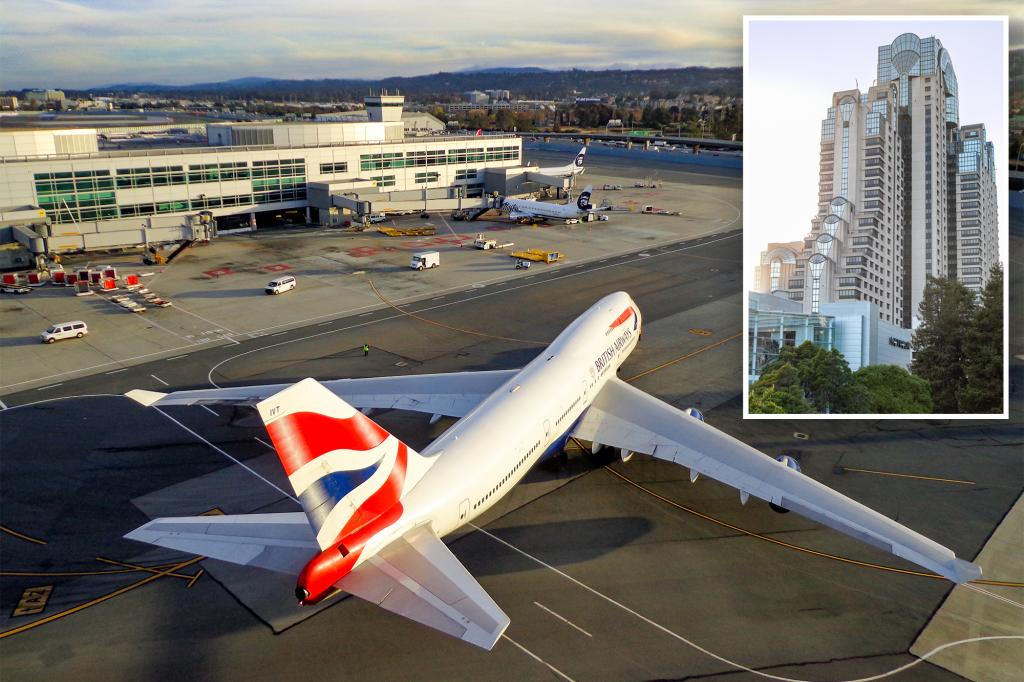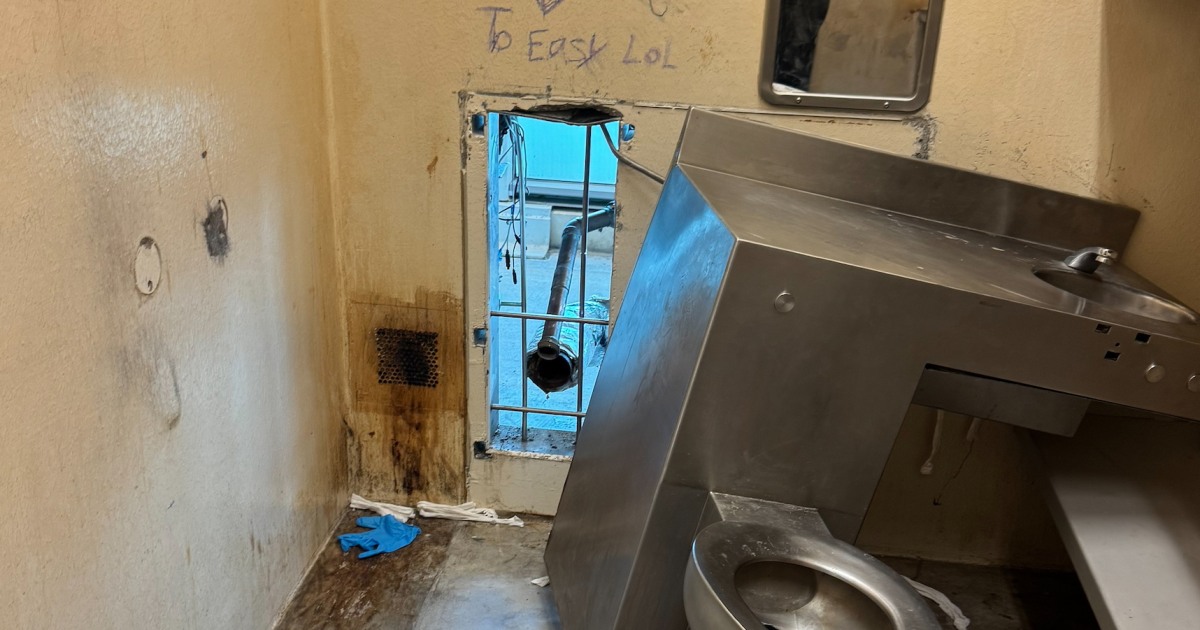Tragedy Strikes: British Airways Crew Member Found Deceased in San Francisco Hotel
A British Airways crew member was discovered dead in a San Francisco hotel during a layover on Tuesday, sending shockwaves through the airline industry. The unidentified employee, part of a flight crew on a stopover between London and San Francisco, was found unresponsive in their room at an undisclosed hotel near the airport. Local authorities and airline officials have launched investigations into the circumstances surrounding the death, which has reignited discussions about mental health and safety protocols for aviation personnel.
Details Emerge About the Incident
According to preliminary reports from the San Francisco Police Department, hotel staff discovered the crew member after colleagues raised concerns when the individual failed to report for duty. Emergency services pronounced the person dead at the scene. While the exact cause of death remains undisclosed pending autopsy results, authorities have stated they do not suspect foul play.
British Airways confirmed the tragedy in a statement: “We are deeply saddened by the loss of our colleague and our thoughts are with their family and friends during this difficult time. We are offering support to our other crew members and cooperating fully with local authorities.” The airline has not released further details about the employee’s position or length of service.
The Human Toll on Aviation Professionals
This incident highlights the often-overlooked stresses faced by airline crews. Aviation industry experts point to several factors that may contribute to mental health challenges among flight personnel:
- Irregular sleep patterns and chronic jet lag
- Extended time away from family and support networks
- High-pressure work environments with strict safety protocols
- Recent industry turbulence due to pandemic-related disruptions
Dr. Eleanor Whitmore, an aviation psychologist with 15 years of experience, explains: “Crew members face unique psychological pressures. The combination of disrupted circadian rhythms, constant time zone changes, and the need to maintain a professional demeanor at all times can create a perfect storm for mental health issues. Airlines need to prioritize psychological support as much as physical safety training.”
Industry-Wide Concerns About Crew Welfare
The tragedy has sparked renewed calls for better mental health support in the aviation industry. According to a 2022 International Air Transport Association (IATA) study:
- 23% of aviation professionals reported experiencing depression
- 18% admitted to anxiety disorders
- Only 34% said their employer provided adequate mental health resources
Captain Mark Richardson, a veteran pilot and spokesperson for the British Airline Pilots’ Association, commented: “While airlines have made strides in physical health and safety, mental wellbeing often takes a backseat. Crew members need accessible, confidential support systems, especially during layovers when they’re away from home. This tragic event should serve as a wake-up call for the entire industry.”
British Airways’ Response and Protocols
British Airways has emphasized its commitment to employee welfare, pointing to existing programs like its 24/7 confidential counseling service and peer support networks. However, some aviation worker advocates argue these measures may not go far enough.
The airline industry faces particular challenges in implementing mental health initiatives due to:
- Regulatory restrictions on certain medications for flight crew
- Stigma surrounding mental health in safety-critical professions
- Logistical difficulties providing consistent care across global operations
Sarah Chen, a former flight attendant turned mental health advocate, notes: “There’s still a culture of silence around these issues. Many crew members fear that seeking help could ground them or jeopardize their careers. Airlines need to create environments where people feel safe asking for support without professional consequences.”
Looking Forward: Changes on the Horizon?
In the wake of this incident, industry observers anticipate potential changes to how airlines address crew welfare. Possible developments include:
- Enhanced mental health screening during routine medical checks
- Mandatory wellbeing training for all crew members
- Improved layover accommodations with better access to support services
- Anonymous reporting systems for crew concerns
As investigations continue, the aviation community mourns while awaiting answers. This tragedy serves as a poignant reminder of the human element behind airline operations. For those affected by this incident or similar situations, mental health professionals emphasize the importance of seeking support through company resources or organizations like the Aviation Mental Health Coalition.
The coming weeks will likely see increased scrutiny of airline employee welfare policies, as stakeholders across the industry grapple with how to better support those who keep global aviation running. One thing remains clear: in an industry built on precision and safety, the wellbeing of its people must remain paramount.
See more Update My News



